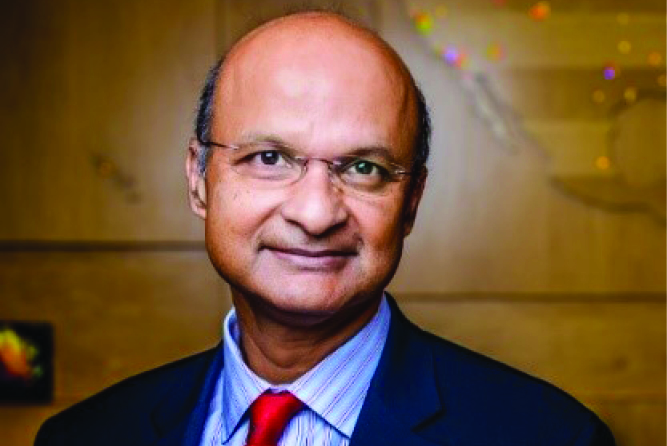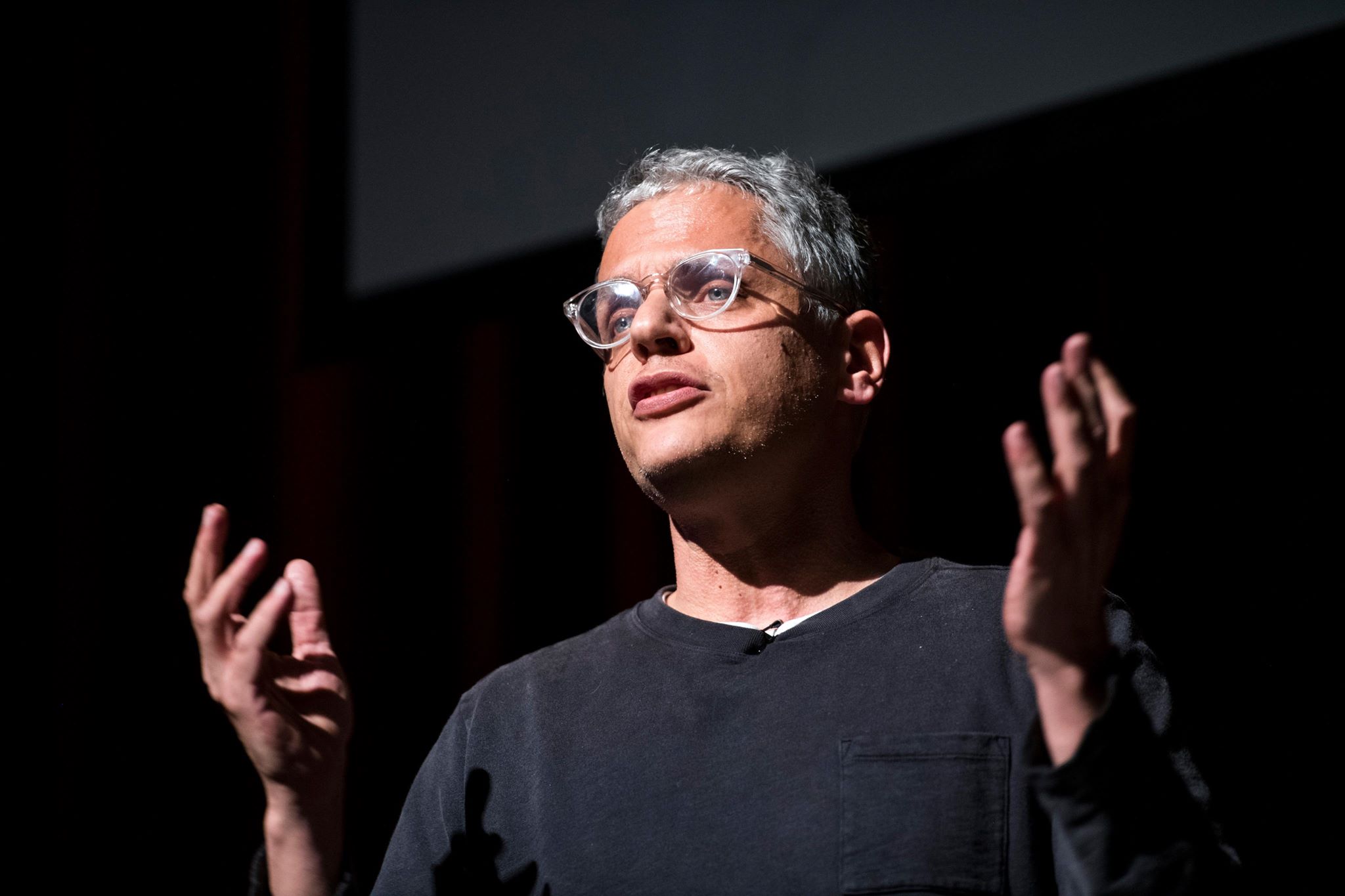Keynotes
Views on the Future of Ultrasound TechnologyDate and Time: Sunday, April 7, 2024, at 8:00 amThis keynote session features Dr. Omar Ishrak, who joined Intel Corporation’s board of directors in March 2017 and was named chair of the board in January 2020. Ishrak stepped down as chair in January 2023 and remains on the board as an independent director. Ishrak was executive chairman of Medtronic PLC, a global medical technology company, until his retirement in December 2020. He served as chairman and CEO of Medtronic from June 2011 to April 2020. Prior to joining Medtronic, Ishrak spent 16 years in various roles with General Electric Co., most recently as president and CEO of GE Healthcare Systems, a division of GE Healthcare. Ishrak is a member of the board of trustees of the Asia Society, which promotes mutual understanding and strengthening partnerships among peoples, leaders and institutions of Asia and the United States in a global context. He is also a member of the Minnesota Public Radio board of trustees. Ishrak earned a Bachelor of Science degree and a Doctor of Philosophy in electrical engineering from the University of London, King’s College. |
 |
Sonic Prosthetics: Giving Amputees Robotic Arms That Play By EarDate and Time: Monday, April 8, 2024, at 8:00 amThis keynote session features Dr Gil Weinberg, who is developing prosthetic robotic arms that can restore and enhance amputees’ musical abilities. Informed by his work on artificial creativity and robotic musicianship, the technology uses machine learning to analyze ultrasound signals from amputees' forearms. This allows the robotic fingers to move dexterously, with the precision needed to play instruments like drums and piano. By detecting patterns in the ultrasound data, the robots can interpret the amputees' intended finger motions and replicate them. This research aims to give amputees robotic control that is comparable to natural human musical expression. Weinberg's use of ultrasound sensing is a novel approach that allows amputees to control robotic limbs simply by moving the muscles in their residual limbs. This non-invasive technique has the potential to provide intuitive and expressive control over prosthetics. Dr Gil Weinberg is a professor and the founding director of Georgia Tech Center for Music Technology, where he leads the Robotic Musicianship group. Weinberg presented his work worldwide in venues such as The Kennedy Center, The World Economic Forum, Ars Electronica, Smithsonian Cooper-Hewitt Museum, SIGGRAPH, TED, and others. He received his MS and PhD degrees in Media Arts and Sciences from MIT and his BA from the interdisciplinary program for fostering excellence in Tel Aviv University. |
 |
